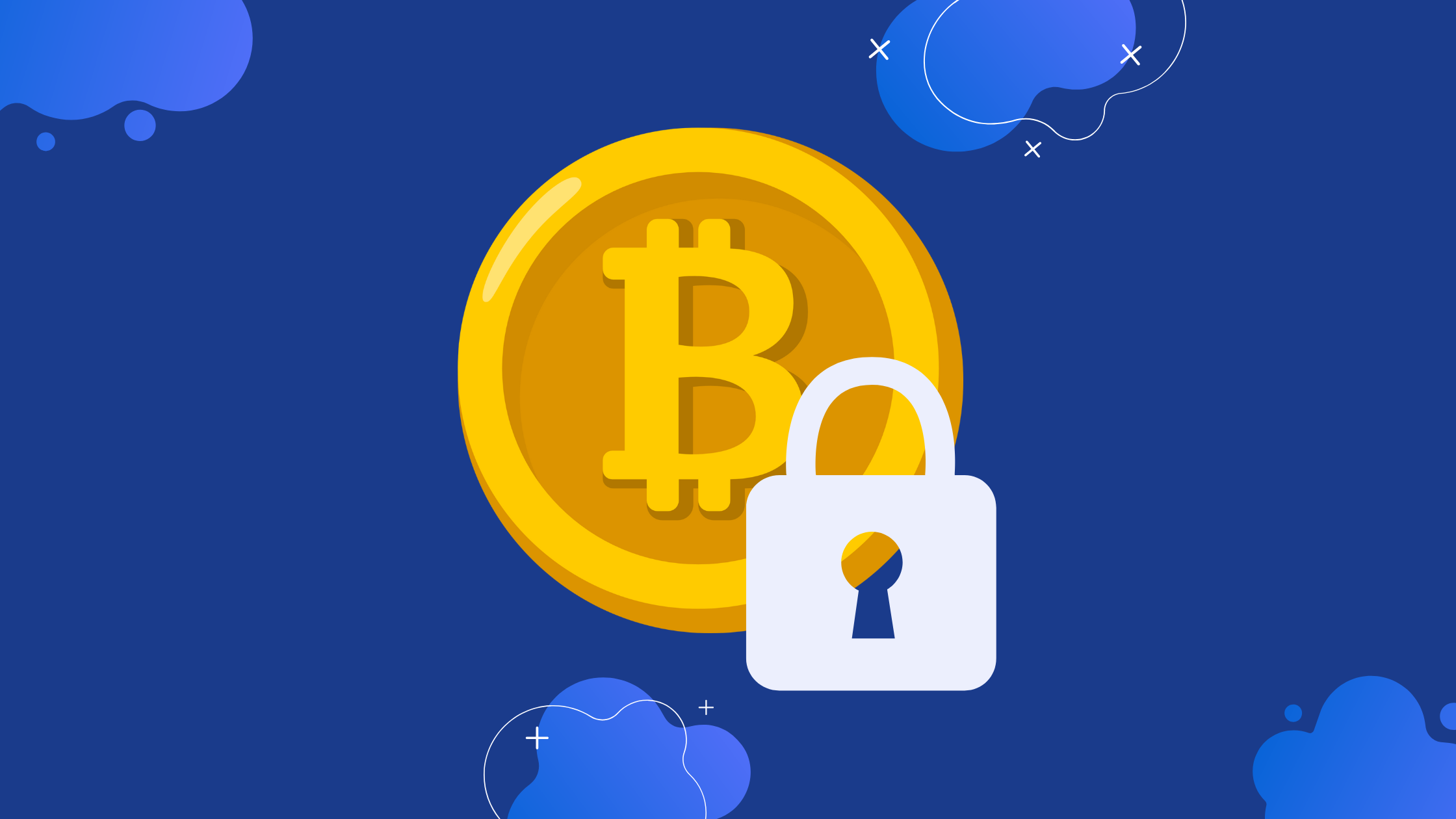Digital wallets, called cryptocurrency wallets, help users safely send, receive and keep their cryptocurrency holdings. However, these wallets are not without risk, and robust security measures must be implemented to guard users’ money from theft, hacking, and phishing scams. In this article, we will cover standard practices for users and offer advice on safeguarding a Bitcoin wallet.
Create Strong Passwords
The first step in protecting a cryptocurrency wallet is creating and maintaining a strong and distinctive password. Passwords must contain at least 12 characters, a mix of capital and lowercase letters, digits, and symbols, and should not collect personal information like names, dates of birth, or addresses. Vital, one-of-a-kind passwords can be created and stored using password management programs like LastPass and 1Password.
Back Up Your Wallet Data
In case of wallet loss, theft, or damage, data backup is crucial. Users should use secure means to produce and keep backups of their wallet data. Digital backups can be retained on many devices or even on paper wallets. Another method for protecting wallet data is through hardware wallets.
Utilize Two-Factor Authentication
When connecting to their Bitcoin wallet, users must submit two-factor authentication (2FA), an additional layer of security, and their password. 2FA decreases the danger of unauthorized access to a wallet. Users should never divulge their 2FA codes or unofficial third-party applications to other users.
Be Aware of Phishing Scams
One of the most frequent risks to Bitcoin wallets is phishing schemes. Users should avoid phishing attacks because they frequently employ social engineering techniques like impersonation or fear to persuade people into disclosing their private keys, seed phrases, and other sensitive data. Users should refrain from clicking on unreliable links or providing sensitive information on websites they don’t trust.
Use a Hardware Wallet
Users can keep their bitcoins securely and off the internet using hardware wallets, which are tangible objects. The most secure way to store cryptocurrencies is via hardware wallets, which provide additional security for private keys and seed phrases that is challenging for hackers to breach.
Regularly Review Account Activity
Users should routinely check their Bitcoin wallet account activity for indications of unauthorized access, such as unforeseen transactions or changes to account information. Users should take prompt action if suspicious behavior is found, such as suspending or disabling their wallet and reporting it to the provider.
Conclusion
A cryptocurrency wallet must be secured to safeguard money from theft, hacking, and phishing schemes. Users can help keep their cryptocurrency wallet secure and their funds safe by adhering to best practices like making strong passwords, backing up wallet data, using two-factor authentication, being aware of phishing scams, using a hardware wallet, and routinely reviewing account activity. Putting safety and security first will increase the dependability of Bitcoin investment for investors.
I’m Riva, and I love trading crypto. I got into it a few years ago, and I’ve never looked back. I’m 35 years old now, and I’ve been able to make a good living doing what I love.
I started out as a retail trader, but eventually moved on to trading crypto full-time. It’s been a great experience, and I don’t see myself stopping anytime soon.

